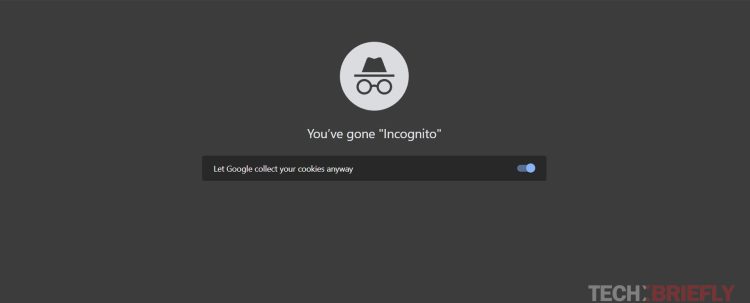The Google incognito lawsuit has come to an end and the tech giant is set to make huge changes to both their policy and their popular browser, Chrome.
Many of us have used Chrome’s “Incognito” mode at one point or another. This browsing mode promises a bit more privacy – your search and website visits shouldn’t linger in your browser history.
But a recent Google incognito lawsuit revealed that Google might not have been as “incognito” about our browsing as we assumed.
Let’s unravel what happened and what it means going forward.
Why did Google incognito lawsuit start?
Back in 2020, a class-action lawsuit made a troubling claim: Google allegedly kept collecting user data even when people were using Incognito mode.
This felt like a contradiction – Incognito mode suggests privacy, but the lawsuit painted a different picture.
Essentially, the Google incognito lawsuit‘s argument was that even though your local browsing history might not be saved in Incognito mode, Google might still be tracking your online movements through various tools on the websites you visited.
Facing the consequences
Google disputed the allegations, stating it has always been upfront about some data still being collected in Incognito. Still, the case put a spotlight on the way Google handles user data when it comes to Incognito browsing.
After legal back and forth, Google opted to settle the Google incognito lawsuit in 2023. The agreement has some major consequences for the tech giant and Google Chrome changed its incognito mode on Android due to a $5 billion lawsuit.
Big data clean-up
As part of the settlement, Google has agreed to delete a significant amount of data collected while users were surfing the web in Incognito mode. The specific timeframe of the deletion is a bit hazy, but we’re talking about a massive data wipeout.
While there’s no hefty financial penalty from the class-action suit, a clean-up like this is no small thing for a company that thrives on data.

Changes ahead for Chrome
The agreement includes other changes to Chrome’s Incognito mode:
- Clearer explanations: Google must be more direct and transparent about what type of information is still collected when you’re in Incognito mode. No more fuzzy language that could mislead users.
- Cookie control: Google will offer options to disable third-party cookies (the little trackers that follow you across the web) while using Incognito mode.
What this means, and what it doesn’t
- The settlement is limited: This addresses a specific class-action case, but it doesn’t mean full immunity for Google or complete peace-of-mind for privacy-conscious web surfers.
- Your data is valuable: Even when using Incognito, it’s best to assume that some of your browsing activity can be tracked. Companies are constantly developing ways to collect data, often for advertising and targeting purposes.
- Options, not perfection: The upcoming changes to Incognito mode give users more control over their data, but they don’t guarantee complete privacy.
Who gets paid for the Google incognito lawsuit?
The Google Incognito lawsuit settlement did not involve any direct financial payouts to the individuals who used Incognito mode.
Instead, the settlement focused on Google deleting collected data and making changes to the way they communicate about Incognito mode’s privacy features.
While the Google incognito lawsuit reached a settlement, legal experts indicate that this doesn’t prevent individuals from pursuing their own lawsuits against Google regarding privacy violations within Incognito mode. If such lawsuits are successful in the future, then those specific individuals might receive compensation.

Can you join the Google incognito lawsuit?
Lawsuits, especially class actions, have specific procedures and deadlines. Since the settlement has been reached, the primary case is closed, and you cannot join it retroactively.
Yet, if you firmly believe the way Google handled your Incognito browsing data constitutes a serious privacy violation and you may have a case, it’s absolutely essential to consult an experienced attorney specializing in data privacy law.
This case highlights something important about browsing on the modern, interconnected internet. Even when we try to mask our activities, it’s difficult to achieve total online anonymity.
Our data is valuable, and websites, tech companies, and advertisers have a strong incentive to collect and use it.
The best thing you can do is to stay informed about how your data is used, understand the privacy settings in your browser (both regular and “private” modes), and exercise control over your data whenever possible.
We might not be fully invisible to trackers, but we can at least be more aware of what trails we leave behind.
Featured image credit: Emre Çıtak





